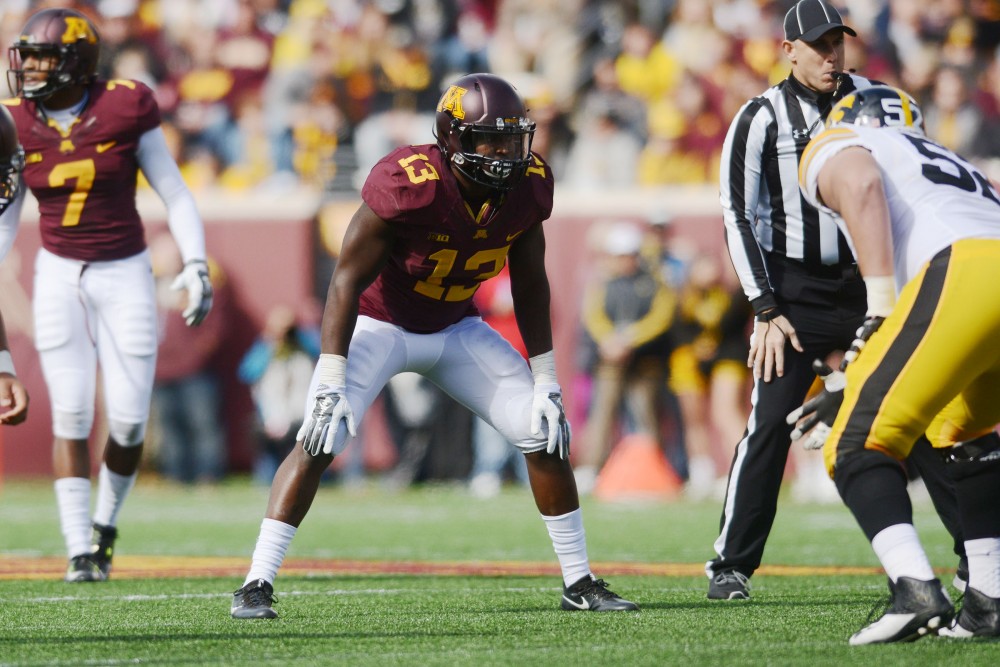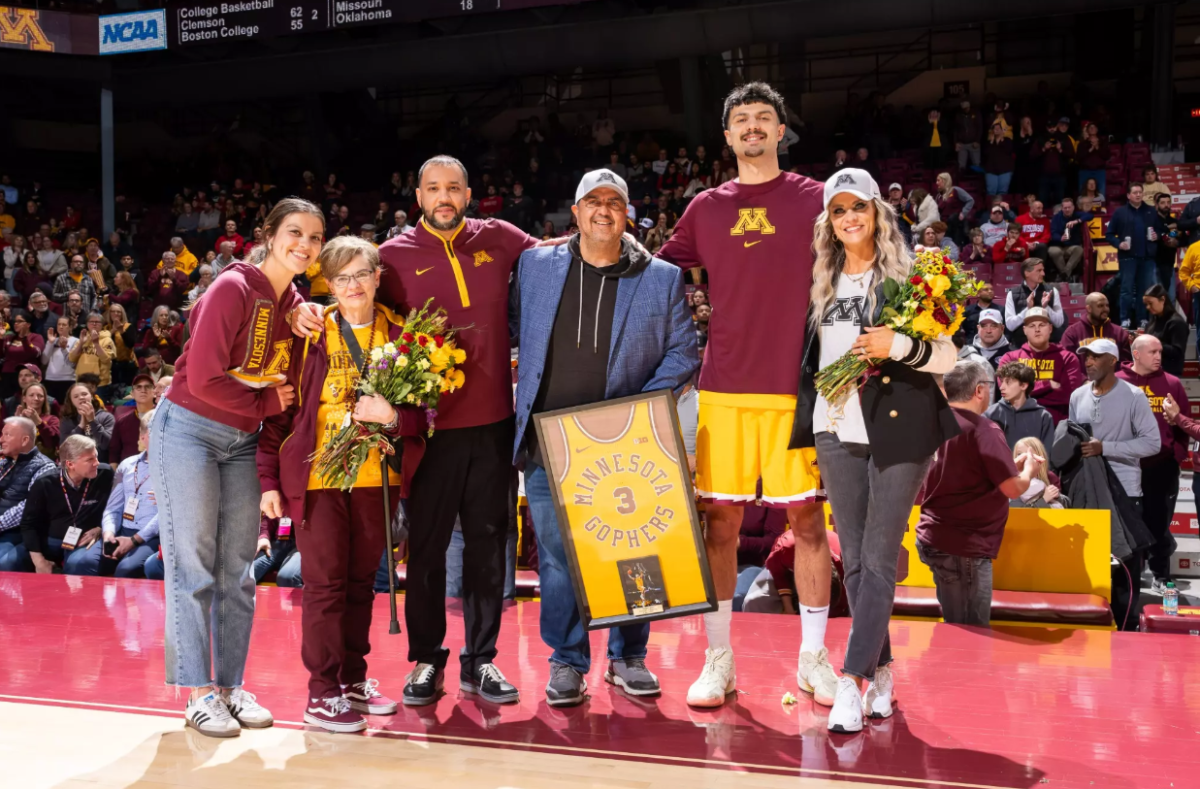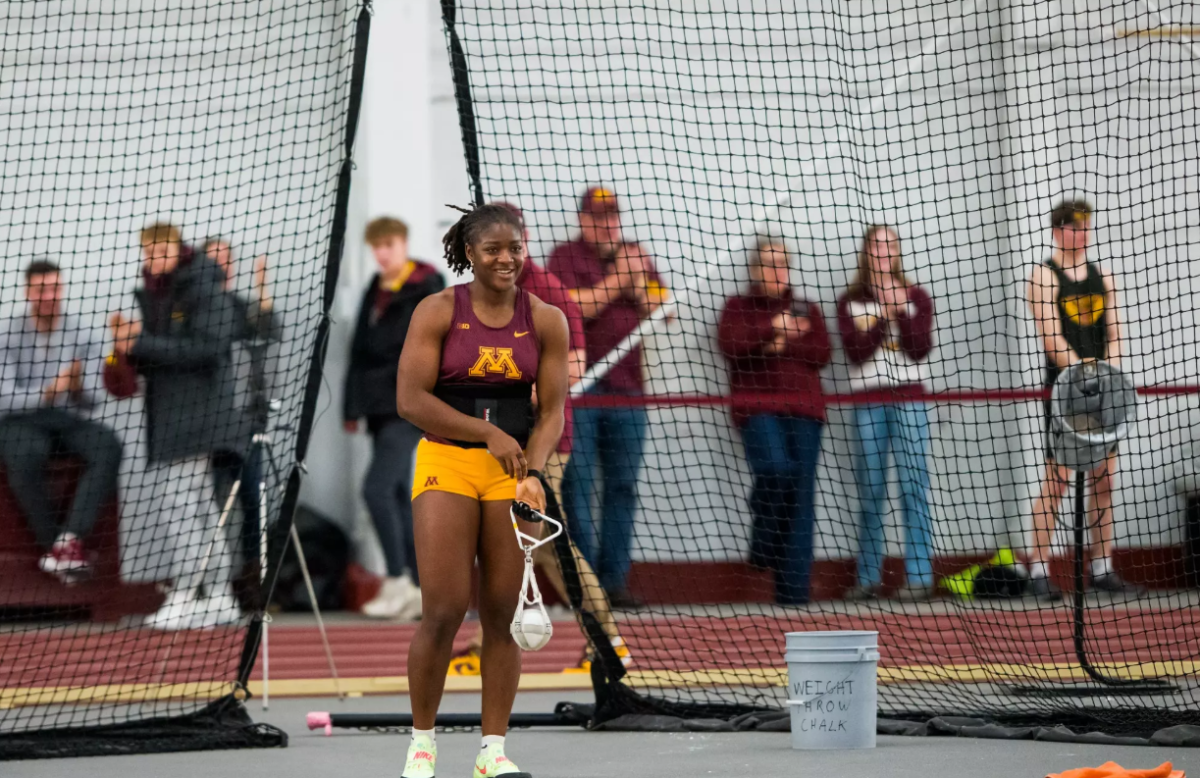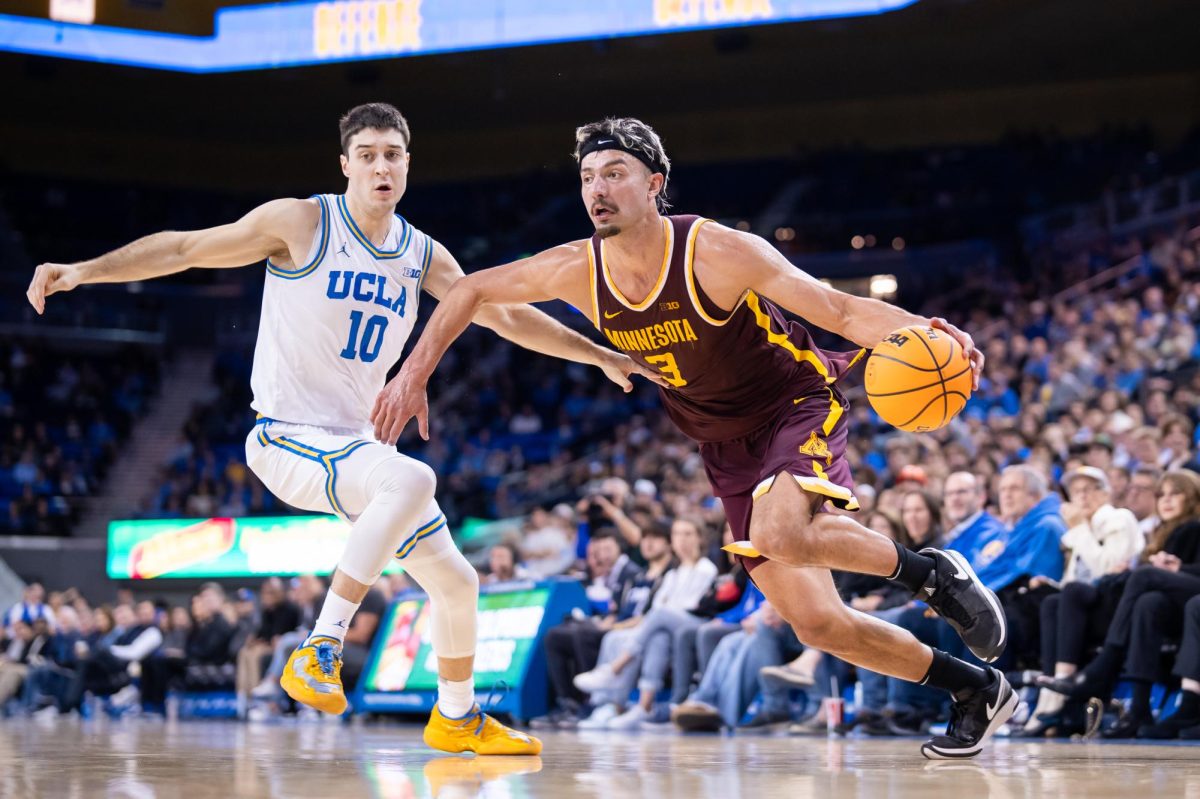Linebacker Jonathan Celestin dropped an interception against Maryland on Saturday.
That wasn’t why defensive coordinator Jay Sawvel wanted to hug him.
After dropping the potential pick-six, Celestin put his hands on his head, walked in circle, dove to the ground and did four push-ups as a way of punishing himself.
“I think that’s awesome. I could have given him a big hug,” Sawvel said. “You get a guy during the game who’s doing push-ups because he dropped an interception, that’s tremendous.”
The push-ups are something the defensive players usually do in practice after dropping a ball, Celestin said. He just decided to do it in a game.
The interception would’ve been a nice way to top off Celestin’s game against Maryland.
The linebacker was constantly around the ball, leading the team in tackles and recording one sack.
It’s all part of Celestin’s strategy, he said.
“I guess I’m a ball-hawker, I would say,” Celestin said. “I have a nose for finding the ball, whoever has the ball, so I want to get him down as soon as possible.”
That nose has led the junior to new levels of success this year.
Celestin has been one of the stronger linebackers in the Big Ten this year, according to Pro Football Focus (PFF). He has the highest stop percentage among Big Ten inside linebackers, as he has made 17 stops across 115 run snaps.
Celestin’s strong hits were the first thing his teammates noticed about him. It earned him a nickname: Thumper.
“That’s like my name in the locker room,” Celestin said late last month.. “[My teammates would] probably ask, ‘Who’s Jon?’ They’d be like, ‘Oh, Thump?’”
It’s not just the players who call him Thumper.. Head coach Tracy Claeys said he’s called Celestin Thumper since the day he arrived at Minnesota.
“He’d hit … and knock guys down that he wasn’t supposed to,” Claeys said.
Sawvel said when Celestin’s pass defense needed work when hefirst got to Minnesota.
“His understanding of the whole game is getting better. He’s come a long way with that,” Sawvel said. “He’d hit you, but [his] pass game, he wasn’t real good.”
His pass defense could still improve, though.
His grade is 60.2 defending the pass while his run defense grade is at 73.9, according to PFF. His defending grade is considered below average and bordering on poor by PFF, while 73.9 for run defense is average.
However, his grade in coverage is 81.3, which is an above average grade.
Celestin attributes his success to time spent studying film.
He and redshirt sophomore running back Rodney Smith both went to the same high school in Jonesboro, Georgia.
Smith’s dad was the offensive coordinator of their high school football team and taught the two of them how to study film.
The film studying has helped Celestin read opposing running backs better.
“[The running back] usually gives [the play] away. Fullbacks, tight ends, they usually tell if it’s a run or a pass,” Celestin said. “You can tell because their eyes are either keying me or keying a certain spot on the field where they plan to go.”
Celestin said he played safety until his senior year in high school.
“The change has paid off. I feel like it has helped me in the long run because at first I was thinking me going to linebacker, I was undersized,” Celestin said. “I wasn’t going to get recruited by many colleges, but Minnesota believed in me, and now I’m weighing 230. Right now everything’s looking pretty good for linebacker.”








